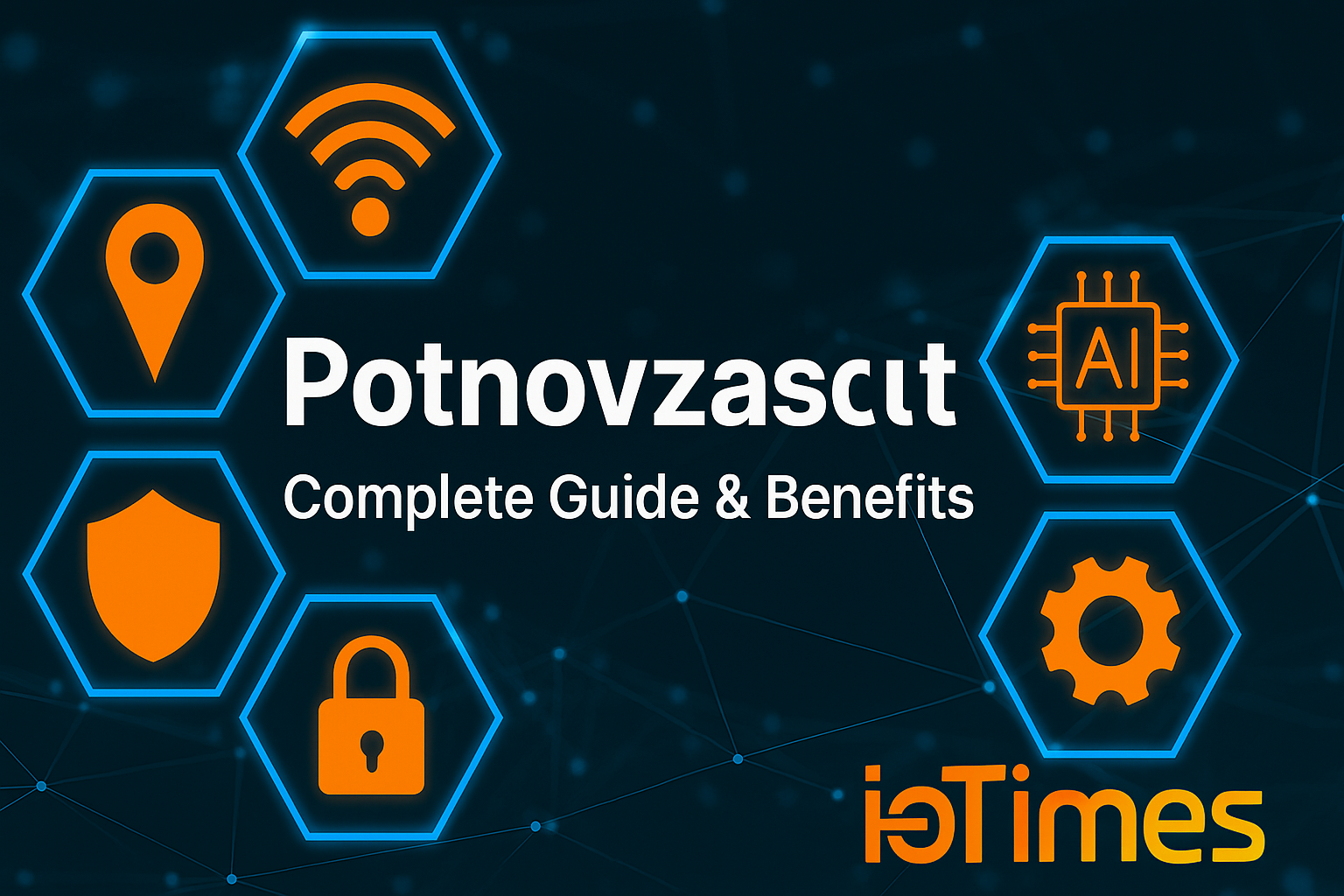Navigating the challenges of engaging a barely legal delinquent teen, typically aged 18 to 19, requires a nuanced understanding of their developmental stage. At this age, teens are legally adults but may still grapple with adolescent behaviors, making them susceptible to risky activities if not properly guided. This comprehensive guide offers evidence-based strategies to keep such teens constructively occupied, promoting positive development and reducing delinquency. Parents, educators, and caregivers must collaborate to create structured, supportive environments that enable these young adults to thrive.
Understanding the root causes of delinquency, as well as the most effective interventions, is essential for successful engagement. From employment opportunities to therapeutic support systems, every approach must be tailored to the individual teen’s needs, strengths, and goals. With the right tools and persistence, even the most challenging teens can find pathways toward personal growth and societal contribution.
Understanding the Barely Legal Delinquent Teen
The Transitional Phase
Barely legal teens are in a critical transition from adolescence to adulthood. While they possess certain legal rights, many lack the maturity and life skills necessary for responsible decision-making. This dichotomy can lead to engagement in delinquent behaviors if not addressed appropriately.
In this phase, young adults often wrestle with identity, autonomy, and their place in society. Many are thrust into situations where they are expected to function independently without adequate preparation. The resulting stress can lead to impulsive decisions, which when compounded by peer pressure or unstable environments, may spiral into delinquent behavior.
Risk Factors
Several factors contribute to delinquency in this age group:
- Lack of Structure: Absence of routine can lead to idle time, increasing the likelihood of engaging in risky behaviors. A structured schedule provides a sense of purpose and reduces opportunities for mischief.
- Peer Influence: Associating with peers involved in delinquent activities can encourage similar behaviors. Teens often seek acceptance, and without strong role models, they may gravitate toward negative influences.
- Unresolved Trauma: Past experiences of abuse, neglect, or other traumas can manifest in behavioral issues. These traumas often go unaddressed due to stigma or lack of access to therapy.
- Mental Health Issues: Conditions like depression, anxiety, PTSD, or ADHD may lead to substance abuse or other delinquent acts if untreated. Proper diagnosis and intervention are key.
- Lack of Positive Role Models: Without examples of success and resilience, teens may struggle to envision a constructive future. Mentorship and community leadership can play pivotal roles.
Strategies to Engage and Redirect
1. Encourage Employment or Internships
Introducing teens to the workforce can instill responsibility, provide structure, and boost self-esteem. Employment teaches accountability, communication, and financial literacy, all of which are essential for independent adulthood.
- Part-Time Jobs: Roles in retail, food service, landscaping, or administrative positions can teach time management, conflict resolution, and teamwork. These jobs also provide a sense of pride and financial independence.
- Internships: Opportunities in fields of interest, such as tech, healthcare, or the arts, offer valuable experience and help teens visualize career paths. Pairing teens with mentors in these roles can deepen the impact.
- Job Readiness Training: Programs that simulate interviews, resume writing, and workplace etiquette can further prepare teens for success and reduce the anxiety associated with job seeking.
2. Promote Extracurricular Activities
Engagement in structured extracurricular activities channels energy into positive outlets, fosters friendships, and develops diverse skill sets.
- Sports: Participation in team sports fosters discipline, goal setting, and camaraderie. The physical activity also serves as a stress reliever.
- Arts and Creative Outlets: Involvement in music, theater, or visual arts encourages self-expression, emotional regulation, and critical thinking. Art therapy is particularly effective for teens with trauma histories.
- Clubs and Special Interests: Robotics, debate, chess, environmental activism—these activities stimulate intellectual growth and give teens a platform to showcase talents and leadership.
3. Facilitate Volunteer Work
Volunteering helps build empathy, a sense of belonging, and personal responsibility.
- Community Service: Engaging in local projects like clean-up drives, food banks, or community gardens instills civic pride and promotes teamwork.
- Mentorship Programs: Serving as a mentor to younger individuals or helping in after-school programs reinforces leadership and accountability while creating a positive feedback loop.
- Faith-Based or Nonprofit Initiatives: These often offer service opportunities aligned with moral or spiritual values that reinforce ethical behavior and compassion.
4. Introduce Life Skills Training
Essential life skills are the cornerstone of independent living and responsible adulthood.
- Financial Literacy: Programs that teach budgeting, saving, and credit management empower teens to take charge of their economic future. Real-world simulations can enhance engagement.
- Cooking and Nutrition: Learning to prepare meals fosters independence, boosts confidence, and promotes healthier lifestyles.
- Time Management and Organization: These skills help teens manage competing responsibilities, reducing overwhelm and promoting success.
- Conflict Resolution: Teaching effective communication and anger management can prevent escalation in social or legal situations.
5. Provide Access to Counseling and Therapy
Mental and emotional well-being is essential for sustained behavioral change. Professional support can address underlying issues contributing to delinquency.
- Individual Therapy: One-on-one sessions with a qualified counselor help process trauma, develop coping strategies, and build trust.
- Group Therapy: Sharing experiences with peers creates a sense of solidarity and helps normalize emotional expression.
- Family Counseling: Involving family members can improve communication, address dysfunctional dynamics, and establish mutual goals for change.
- Substance Abuse Treatment: If relevant, integrate specialized programs that address addiction and recovery.
Leveraging Community Resources
Youth Development Programs
Programs like Outward Bound’s Intercept and UrbanPromise offer structured environments focused on building character, leadership, and accountability. These programs often incorporate wilderness training, service learning, and goal-setting.
- Outward Bound Intercept: Uses immersive outdoor challenges to cultivate resilience, teamwork, and self-reliance.
- UrbanPromise: Combines academic support, spiritual guidance, and experiential learning to nurture holistic growth.
Mentorship Initiatives
Organizations such as Big Brothers Big Sisters pair teens with adult mentors who provide guidance, encouragement, and consistency. Long-term mentoring relationships are linked to better academic performance and reduced criminal behavior.
- One-on-One Mentoring: Builds trust and provides a safe space for discussing personal issues.
- Peer Mentoring: Encourages leadership among older teens by helping them support peers.
- Career Mentorship: Facilitates professional development and networking for future opportunities.
Recreational Centers
Facilities like the Police Athletic League offer a blend of sports, arts, academics, and leadership training. These centers provide a safe and structured alternative to unproductive or harmful environments.
- Drop-in Centers: Accessible spaces where teens can safely socialize, study, or unwind.
- Workshops and Camps: Short-term programs focused on life skills, vocational training, or specific hobbies.
- Community Outreach: Police-led activities that humanize authority figures and promote trust in public institutions.
Implementing a Structured Plan
Step 1: Assess Interests and Strengths
Spend time understanding the teen’s natural talents, passions, and goals. Use formal assessments or casual discussions to gather insights.
Step 2: Set Achievable Goals
Create both short-term (daily/weekly) and long-term (monthly/yearly) goals. Make sure they are SMART: Specific, Measurable, Achievable, Relevant, and Time-bound.
Step 3: Develop a Routine
A consistent daily structure can greatly reduce anxiety and impulsivity. Include academic, vocational, recreational, and reflective activities.
Step 4: Monitor Progress
Use journals, check-ins, and progress reports to evaluate development. Celebrate milestones and adjust goals as necessary to sustain motivation.
Step 5: Encourage Self-Reflection
Foster a habit of introspection through journaling, mindfulness, or discussion. This helps teens internalize lessons and build emotional intelligence.
Tips for Caregivers and Mentors
- Stay Involved: Show genuine interest in the teen’s activities. Attend events, provide transportation, and engage in conversations.
- Be Consistent: Set clear expectations and follow through with consequences. Predictability fosters trust and safety.
- Model Positive Behavior: Demonstrate the values and behavior you wish to instill. Teens mimic observed behaviors more than preached ones.
- Offer Encouragement: Recognize efforts and celebrate successes, however small. Positive reinforcement reinforces good behavior.
- Maintain Open Communication: Create a judgment-free space where teens feel safe to express themselves.
Legal and Ethical Considerations
- Consent and Autonomy: As legal adults, these teens must consent to programs and interventions. Respecting their autonomy builds trust.
- Confidentiality: Ensure privacy in therapy and mentoring sessions. Legal guidelines must be strictly adhered to.
- Cultural Sensitivity: Respect the teen’s background and beliefs in all engagements. Be inclusive and aware of implicit bias.
- Non-Discrimination: Ensure equal access to programs regardless of gender, race, religion, or socioeconomic status.
Conclusion
Keeping a barely legal delinquent teen busy requires a multifaceted approach that combines structure, support, and opportunities for personal growth. By understanding their unique challenges and leveraging available resources, caregivers and communities can guide these young adults toward a positive and productive future. Consistency, empathy, and the belief in second chances are the pillars of successful intervention. With society’s collective effort, we can transform potential threats into promising futures.
Disclaimer: This article is for informational purposes only and does not constitute professional advice. Always consult qualified professionals for support with legal, mental health, or youth behavioral issues.




